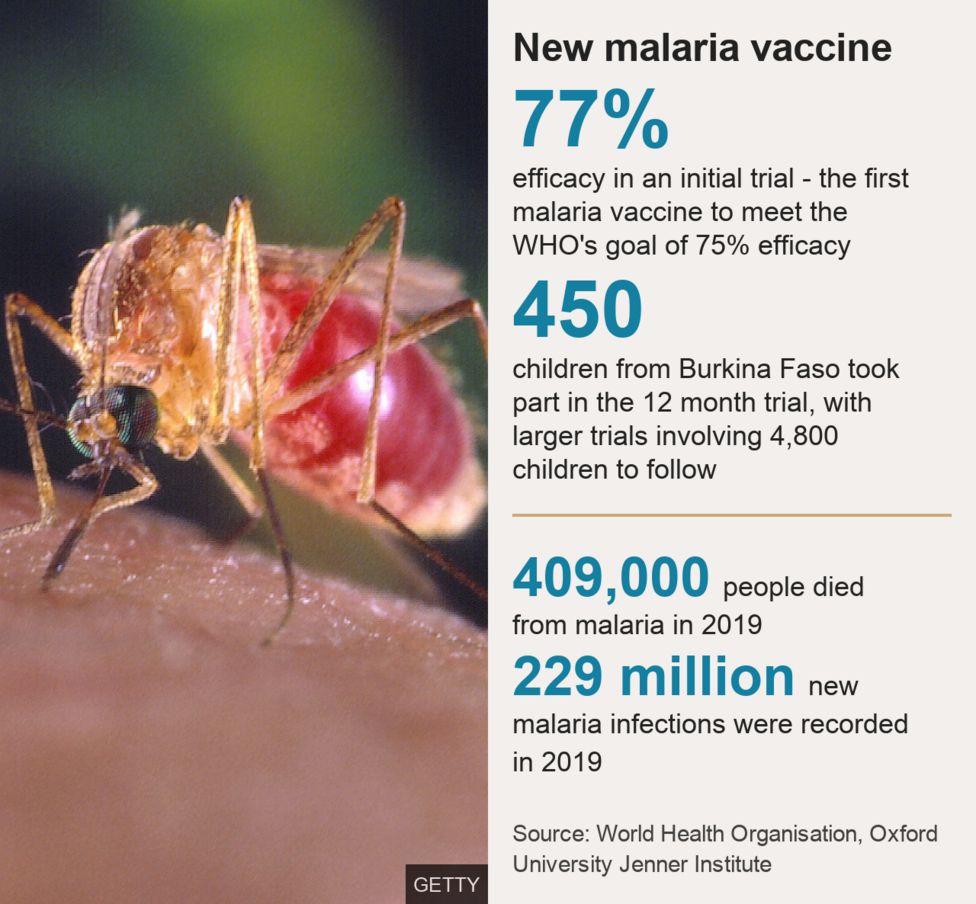(The following essay has been rejected by two publications. So ... time to self-publish!)
***************************************************
Through the past pandemic year, I, like many, have had
several Zoom meetings—with students, colleagues, relatives, and my physician
too. However, I wish I hadn’t had a
recent Zoom meeting in which the college dean informed me that I was being laid
off from my job as Professor of Geography at Western Oregon University
(WOU.)
The two-page layoff letter that arrived via email during the
Zoom firing included this line: “Please note that your layoff is not
disciplinary in nature and does not reflect on your performance.” But that provides no consolation.
Geography is not the only program that is being phased
out. Philosophy and anthropology will
also not be available as majors or minors from fall 2021. Students will no longer have an option to
minor in physics either. Many other
programs are also being right sized, as the
university president’s plan puts it.
As a result, a few tenured faculty, including me, have been issued
layoff notices, some tenure-track lines will not be filled, contracts for quite
a few adjunct faculty will not be renewed, and academic programs are being
curtailed.
The American higher education landscape had been rapidly
changing even in those halcyon days before we became familiar with the word
“coronavirus.” During the pandemic year,
the rate of change reached unprecedented levels, with the result that tenured
full professors are being laid off and academic programs are being shut down at
WOU.
The fashion over the years across higher education, and at
WOU too, has been to promote STEM (Science, Technology, Engineering, and Math)
and to gut anything that resembles traditional liberal education. The logic has been that STEM graduates are
more employable than are those who spent their college years studying subjects
like geography, philosophy, and anthropology.
This false impression persists despite the growing mountain
of evidence that points to the value of liberal education for employment and
also for our collective well-being. The
Association of American Colleges and Universities (AACU) is one of the many
groups that routinely make this point very clear. In a recent research report
that is based on surveys of employers, the AACU points out that a “liberal
education provides the knowledge and skills employers view as important for career success.”
In the vast world of employment in which specialized
professional credentials are not required, employability is about skills, and
not about whether a student can solve a linear algebra problem. The preparation for productive employment is
rarely about the major itself, and the skills are gained through a broad array
of topics outside one’s major. A few
years ago, WOU developed undergraduate
learning outcomes that make clear what the core of an undergraduate
education is about: Quantitative literacy; Written Communication; Inquiry and
Analysis; Integrative Learning; Diversity and Global Learning. These are the essential outcomes that
employers repeatedly cite as being important.
Unfortunately, politicians of all stripes have only made it
worse for liberal education. For
instance, in 2014, President Obama mocked art history as an undergraduate
major. Senator Marco Rubio, during his
failed run in the 2016 Republican presidential primaries, claimed that we need
more welders and fewer philosophers.
Obama and Rubio were not the only leaders trash-talking liberal education
and calling for vocational versions of higher education. Politicians have been virulently attacking
various fields of inquiry that they deem wasteful. The harsh sound bites quickly reverberated
among the public and through the political world that determines funding for
public universities like WOU. Three
years later, Rubio acknowledged the value of philosophy and philosophers. Meanwhile, Obama sent a handwritten apology
to a University of Texas art history professor regretting his glib remarks. Their apologies were mere whispers that few
heard.
All through my life in India, I didn't know that there was
something out there called “liberal education,” but that's exactly what my
heart had always been after. In India,
we kids who were good in school were compelled to think only about two options—engineering
or medicine. Rare was an academically
talented kid who fought against the system in order to study literature or
history. That’s how I ended up earning
an undergraduate degree in electrical and electronic engineering, even though
my heart was never in it.
My intellectual world opened up when I came to the US for
graduate schooling. In 1987, I joined
the urban planning program at the University of Southern California (USC) and,
for the first time in my life, I had a formal and structured opportunity to
study philosophy, political science, geography, and more. It was liberal education on steroids! I was in heaven. I immediately fell in love with liberal
education and latched on to it pretty strongly.
When I accepted the employment offer from WOU, I told
friends in California that the charming campus and the curriculum presented the
university as a public version of a private liberal arts college. In fact, for a while, WOU’s marketing
materials included this tag line: "Steadily emerging as a leading public
liberal arts institution.” A few years
later, that was replaced with "Providing an academically challenging and
unique comprehensive public liberal arts education." When I served as the Director of the
university’s Honors Program, I was all too thrilled with providing college freshman what I wished I had in India—liberal education.
Over the recent years, WOU ceased to be a public version of
a liberal arts college. Programs that
had the appearance of being professional and employable were increasingly
favored over traditional disciplines.
The writing on the wall became clearer with each academic term that it
was a liability for me to be associated with Geography. I am, therefore, not at all surprised that I
am being laid off.
The layoffs and program curtailment as a result of right
sizing the university are evidence of the death of liberal education at
WOU. I mourn that death.





